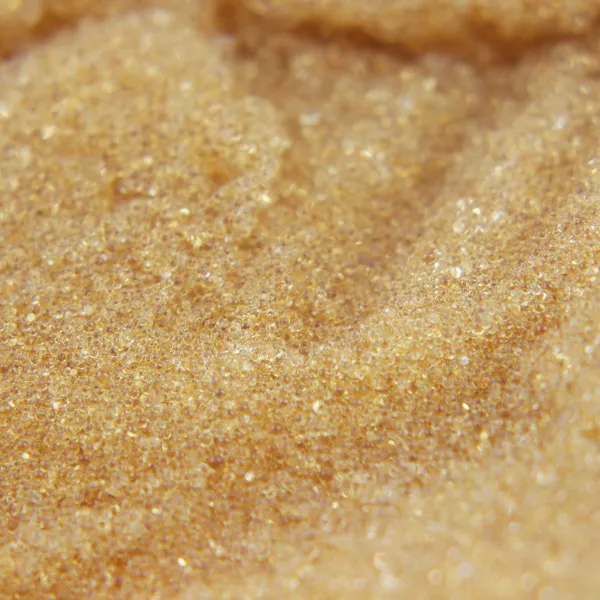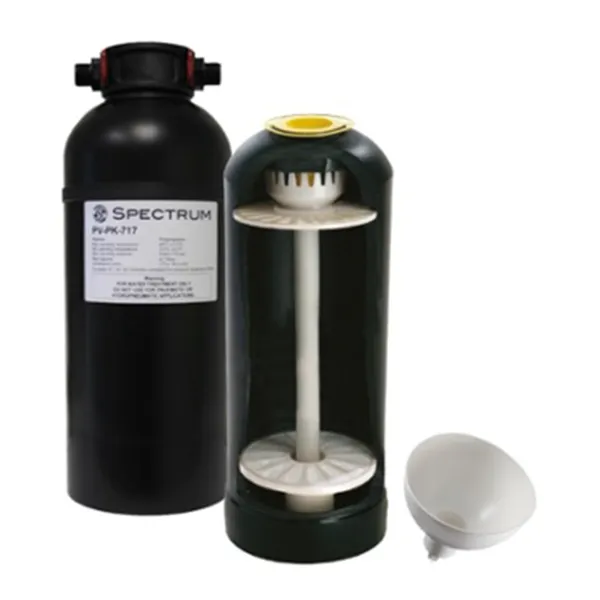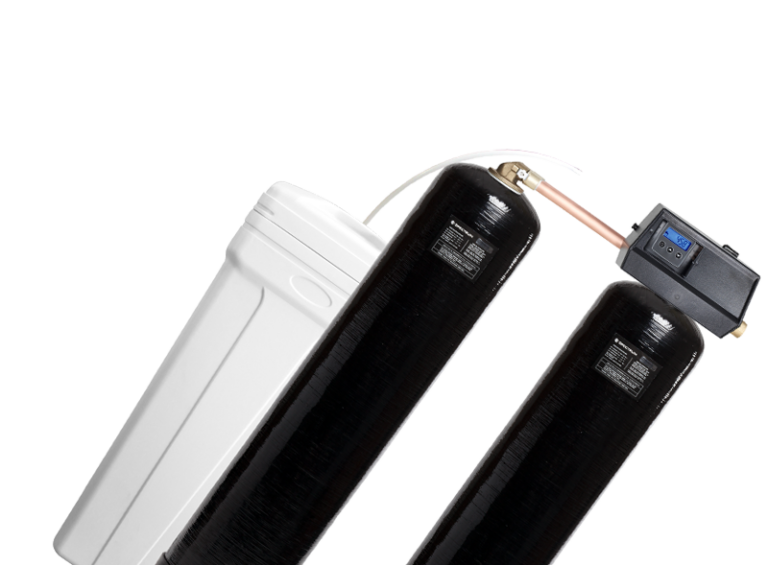Soft vs Hard Water – What’s The Difference?
You have probably heard of the terms “soft water” and “hard water”, but do you know what the differences between them are and what it actually means for your water supply?
Let’s get technical… If rainwater lands in an area with porous rock such as limestone, it penetrates the ground which makes the water gain its ‘hardness’ as it passes through gathering particles and minerals. If rainwater lands on non-porous rock such as granite, the water will not pick up any minerals from the ground thus keeping its ‘softness’ as it travels.
Although tap water is typically clear, it contains minerals and chemicals which are not visible. The concentration of certain minerals that have built up from the source to the tap is what creates your water to become “hard”, determined primarily by the parts per million (ppm, measured as mg/l) of calcium and magnesium it contains.
Benefits of Soft Water
A soft water supply can have many benefits for your home, health, and business due to the lower calcium content. Preventing scale buildup results in the following:
- Lower appliance maintenance costs and therefore time savings
- Longer lifespan for appliances
- Softer hair and skin
- Cleans clothes and dishes more efficiently
How do you make your water supply soft?
Water Softeners! Treating a hard water supply with a traditional water softener system removes dissolved calcium and magnesium that are present in your water supply through a process of ion exchange. Ion exchange is achieved by passing the water through columns of a natural or synthetic resin that trades sodium ions for calcium and magnesium ions.
To keep running costs in line, it’s important to include a regeneration cycle. Over time, resin beads become saturated which will prevent the efficient production of soft water. The first option to ensure process continuity is to change the resin or regenerate it with a brine solution.















